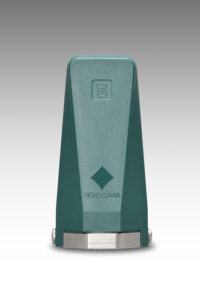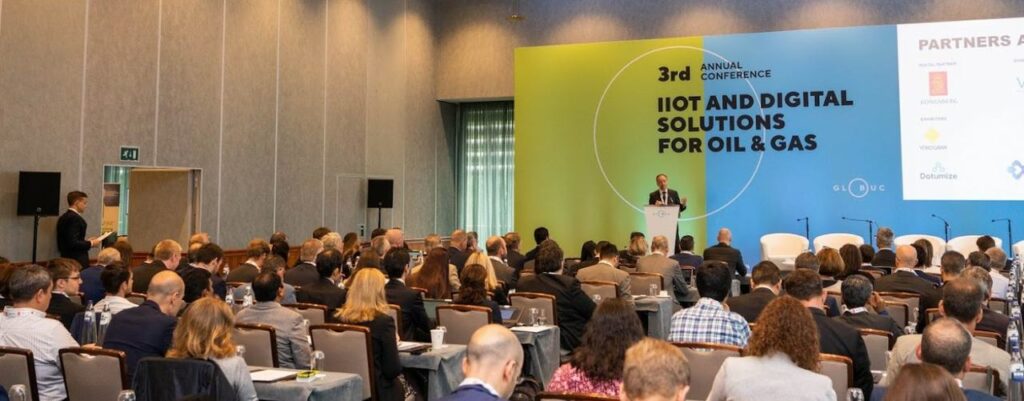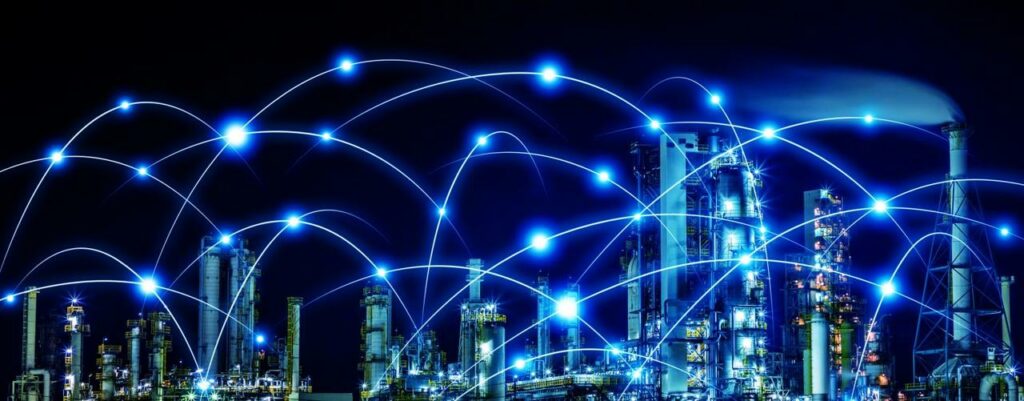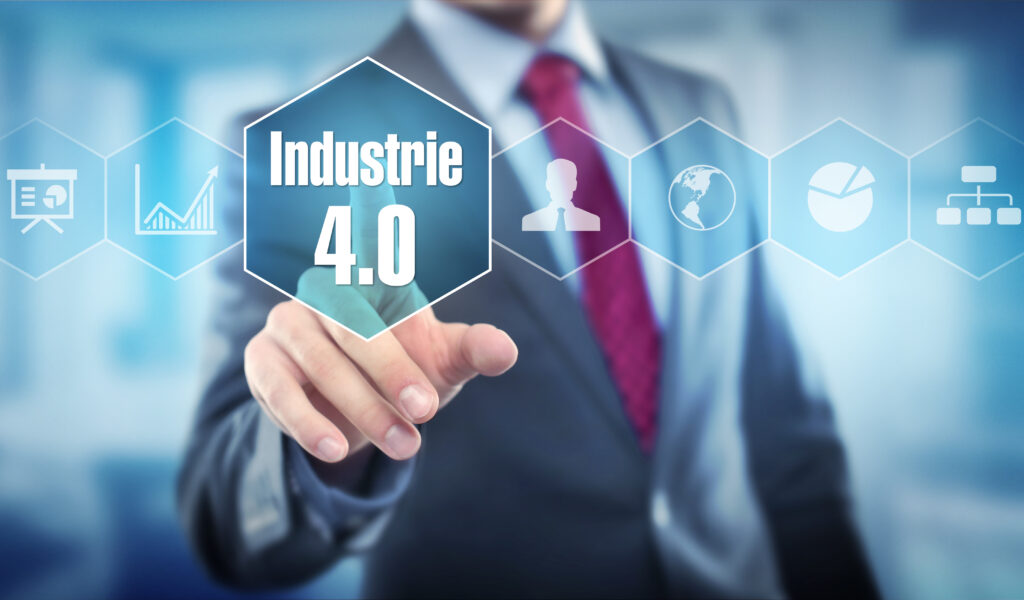Why a Conference about IIoT and Digital Solutions for Oil & Gas?
IoT, Big Data, Cloud: Every new digitalization technology aims to redefine the Oil & Gas industry and generate new business value.
How are Oil & Gas companies navigating the change and benefiting from it?
The “IIoT and Digital Solutions for Oil and Gas Conference” aims to clarify this question. The conference agenda is well balanced with the help of senior industry experts to provide them with strategic transferable knowledge they require today. It is the place where Oil & Gas operators, oilfield service and EPC companies, technology vendors and start-ups share their experience in the digital transformation of Oil & Gas. [Source: Globuc]
Yokogawa Nederland joined the 3rd Annual Conference IIoT and Digital Solutions for Oil & Gas 2019 at Hotel Okura Amsterdam from 6th to 7th June. It is a C-level conference, attended by delegates who are mostly high-ranking executives of a company in charge of making company-wide decisions. Vice presidents on digitalization from various Oil & Gas companies met at the conference to discuss investment plans in Cyber Security, Big Data, and IIoT.
[ot-video][/ot-video]
Trends & Challenges
The reliance of Oil and Gas companies on automation solutions and connectivity has increased the exposure of data from Oil and Gas operations. At the same time, the risk of security threat has risen. Nowadays, many Oil and Gas companies are viewing Cyber Security solutions in a holistic view because they play a significant role in the successful implementation of IIoT projects. The event featured case studies, workshops, technical demos and roundtables designed for discussing the opportunities in IIoT and Cyber Security.
The most common challenges of digitalization in Oil and Gas companies are lack of cloud support causing the delay in information transfer as information is not readily available. Furthermore, many existing systems are poorly integrated leading to the rise in information islands. Information islands are a body of information that needs to be shared but has no network connection.
Another important aspect for Oil and Gas companies is to have enough information for decision-making. Most of EPC’s have unique needs for data collection. Many departments are not able to exchange information because there is no standard way and place where data can be stored and monitored. Industrial IoT is driving the growth of wireless sensors being deployed to digitize field data. There is tremendous innovation in this space, driven by technology convergences and advances in miniaturization.
At the conference, we showcased the Sushi Sensor – an OpreX™ Asset Management and Integrity brand wireless solution for the Industrial IoT. The first product XS770A can measure vibration and surface temperature to monitor machine or equipment conditions for industrial use. Since it complies with LoRaWAN™, which is a low-power wide-area (LPWA) network for long-distance communication, the XS770A can be deployed anywhere in a plant and cover a vast area. Also, it has environmental resistance features to support heavy-duty use (IP66/67, explosion proof).
Sushi Sensor

Digital Transformation of the Hydrocarbon Value Chain
Simon Rogers – Vice President, Advanced Solutions Business at Yokogawa, shared his views on the digital transformation of the hydrocarbon value chain. Simon Rogers describes that also the hydrocarbon business is becoming volatile, uncertain, complex and ambiguous (VUCA). The current tools for managing and optimizing the value chain are not up-to-date. In the interview, Rogers tells us which key technologies are enabling the digital transformation of the hydrocarbon supply chain. If you like, you can also read the full interview.
More Impressions
Curious? Check out our Picture Gallery!
Image rights (except Sushi Sensor): Globuc




